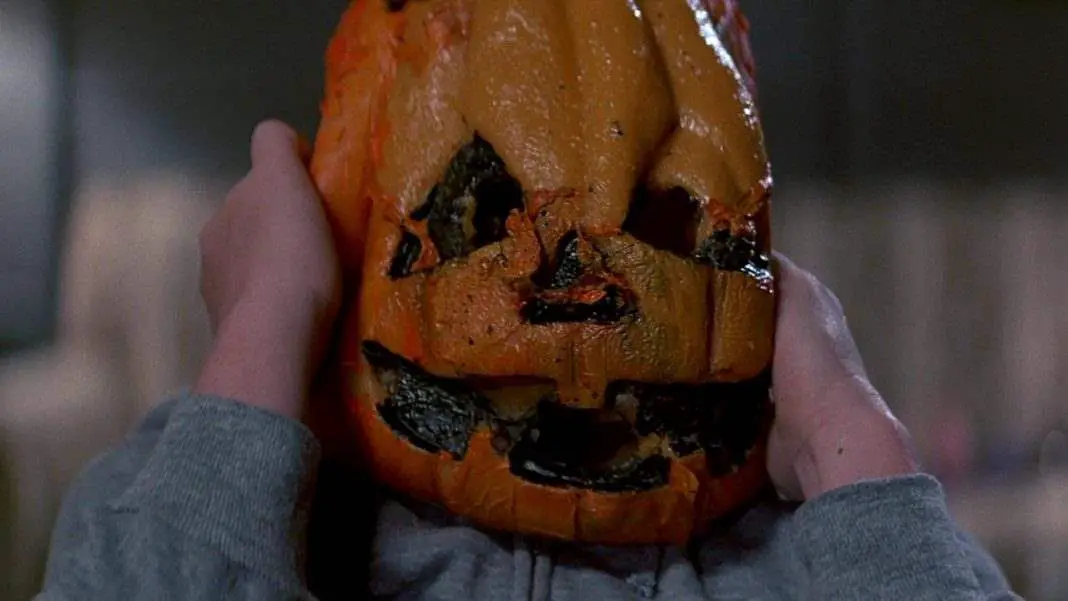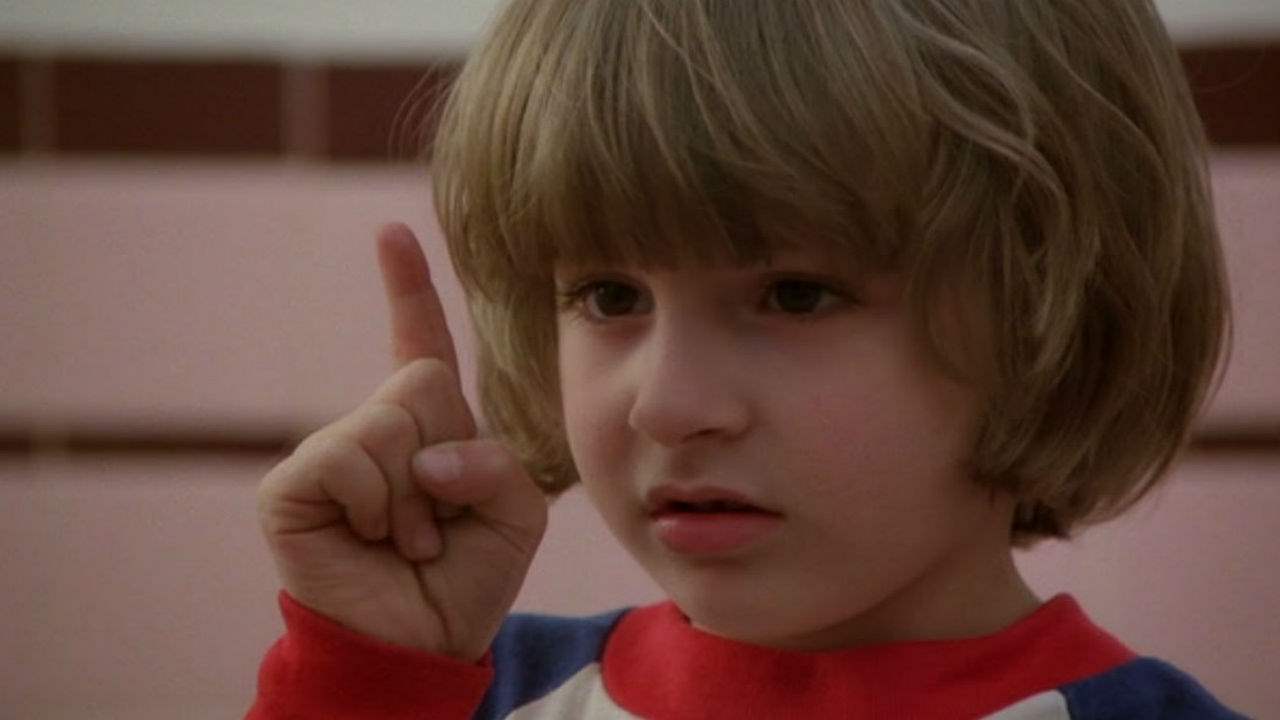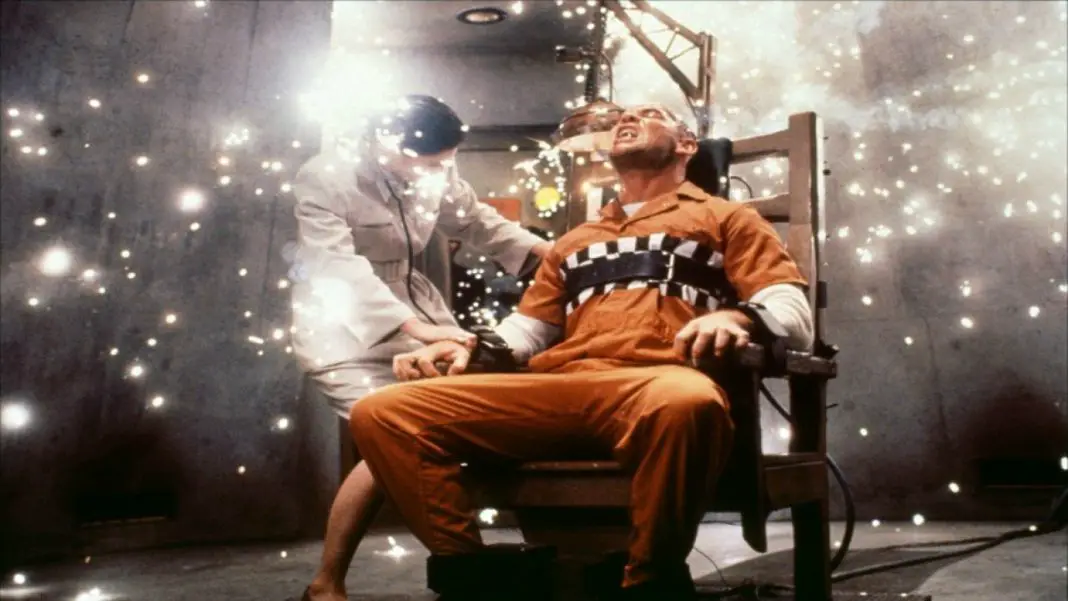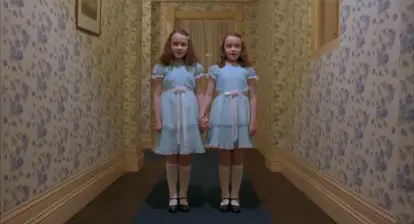We all love the masters of terror around these parts. John Carpenter, Wes Craven, Tobe Hooper, George Romero, Dario Argento, Roger Corman and so on and so forth. These are names we hold in high regard. They’re the people behind some of our all-time favorite films. When you’re in the industry for any extended period of time, you wind up wearing many different hats, even if you consider yourself a director first and foremost.
Many, if not most, of our favorite directors have served as producers on several projects they did not direct. Some yielding better than others. I think it’s a good thing, too. Directors and producers work very closely and are often at odds with each other. So, it’s important for one to get a feel for what that other role entails and what that job is like. It’s the same reason directors are encouraged to take acting classes.
Did You Know? Wicked Horror TV Has Classic and Independent Horror Films Available to Stream for Free!
Some directors turn out to be very good producers, even if they don’t really like doing it. John Carpenter was a great producer on the first two Halloween sequels. But he didn’t want to stay connected with the franchise after the box office failure of Halloween III. So he effectively left producing behind at that point, with the exception of producing Tobe Hooper’s segment on Body Bags. More on Carpenter’s production prowess in a moment.
While there are still some bad Wes Craven Presents titles out there, plenty of horror films produced by the masters turn out to be great, because these guys have an intimate understanding of what a director needs from a producer in order to make a good movie. So, let’s spotlight a few examples of exactly that.
Wishmaster
Wishmaster is one of the only good horror movies “presented” by Wes Craven. And it is also the most famous of that line. It’s a successful idea that creates an interesting villain with plenty of room for franchise potential. Unfortunately, they dropped the ball on that. So, we have a good first film, a decent sequel, and two terrible follow-ups.
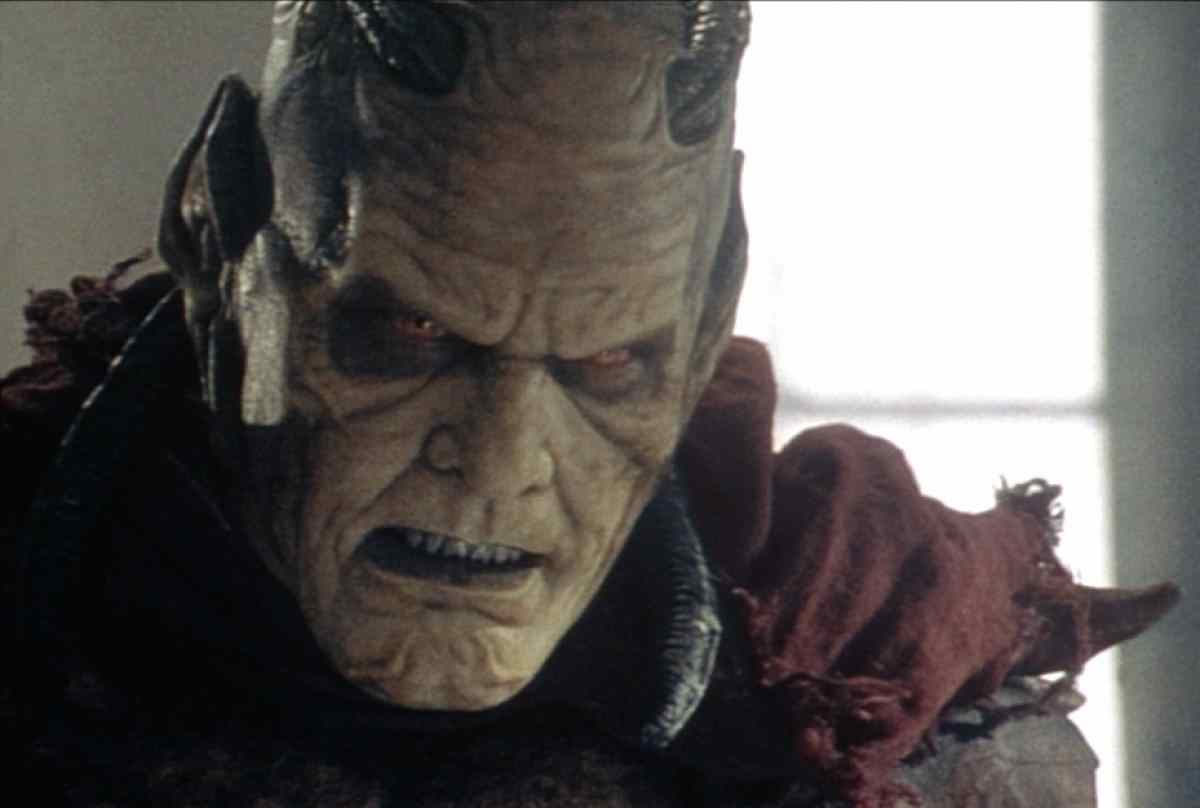 Halloween III: Season of the Witch
Halloween III: Season of the Witch
This is the best example of what John Carpenter can do as a producer. Halloween III is a truly original, exciting horror movie. It’s not just Halloween done over again. There’s much more to it than that. At the same time, it retains much of the atmosphere and visual style of the original so that it doesn’t feel totally out of place when mentioned alongside the first. That’s an incredibly hard balance to pull off. But Carpenter had faith in Tommy Lee Wallace’s ability to do it and it paid off, even if it took 30-years to find its audience.
 Humanoids from the Deep
Humanoids from the Deep
Humanoids from the Deep is surprisingly rough for a movie about rubber-suited fish monsters. It’s not what you would expect from Roger Corman. For one thing, it’s much harsher and far more mean-spirited than what we have come to expect from the B-Movie master. Yet at the same time, it feels very Corman-esque. It’s clearly the kind of flick he would see value in and remains one of the most beloved Corman produced features ever released.
 Creepshow 2
Creepshow 2
The creative minds behind the original Creepshow took a backseat as producers on the sequel, passing the directorial reigns to Romero’s longtime cinematographer, Michael Gornick. The style of the original is still very much intact, as is the extremely important tone. It’s a sequel that could easily have fallen apart had Romero and King not elected to return in some capacity.
 Demons
Demons
Dario Argento wrote and produced Demons but it was Lamberto Bava—son of the great Mario Bava—who actually brought it to life. It’s an insane movie, totally all over the place, absurdly violent with some genuinely creepy monsters. It has an EC comics tone and visual palette, yet at the same time manages to be surprisingly smart. Argento said a lot about the critical backlash against his movies and violent media in general with this script. Definitely one you need to see if you haven’t already.
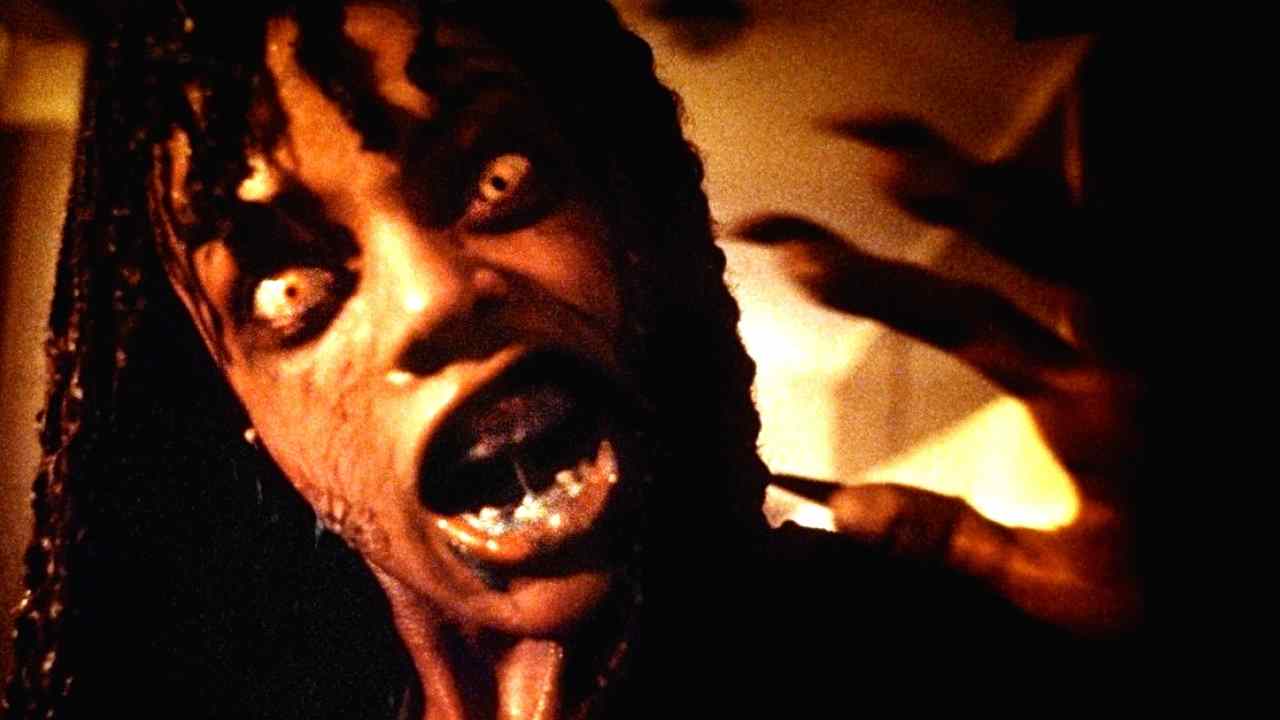 Candyman
Candyman
Clive Barker is an amazing writer, director, painter, and all-around storyteller, But what most people don’t know is that he’s actually one of the best producers in the business. He produced the Academy Award-winning Gods and Monsters. Barker has a great eye for talent and lets the directors tell the story they want to tell, never staying married to the source material as he wrote it. That’s what allowed for Bernard Rose to do his own spin on Barker’s short story and make a masterpiece like Candyman.
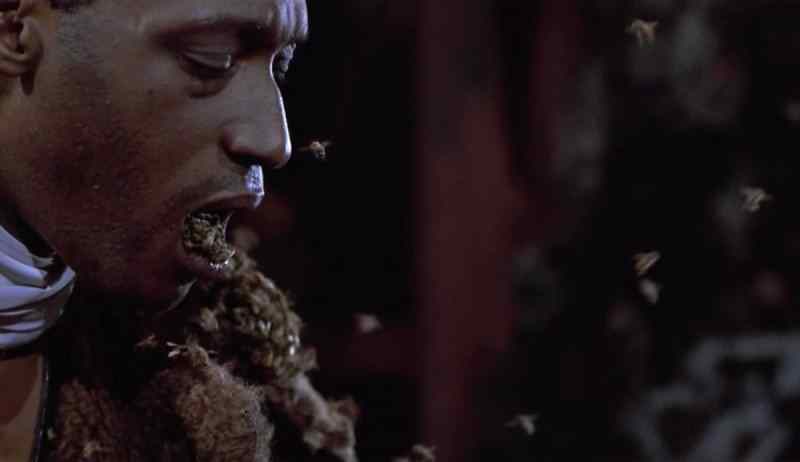 The Orphanage
The Orphanage
One of the best, most haunting, most atmospheric foreign horrors in recent memory, The Orphanage was produced by Guillermo del Toro, who has an intimate knowledge of crafting an atmospheric and haunting tale. It feels like a film with del Toro’s stamp on it, but it does not feel like a del Toro movie and that makes for an impressive feature that easily stands on its own.

Evil Dead
Sam Raimi, Rob Tapert, and Bruce Campbell spent years trying to get the Evil Dead reboot off the ground before fans even knew they wanted it. They wanted to pass their vision on to a new director who could put his own spin on the material and that’s exactly what Fede Alvarez did, making Evil Dead one of the greatest remakes in recent memory. The sheer intensity of the picture, plus the fact that it creates a memorable new heroine in Mia are two big reasons why it was such a success. But none of that would have ever happened with a producer with a vision. The finished product benefits from having producers who didn’t want to retread the first because they were the ones who made it.

